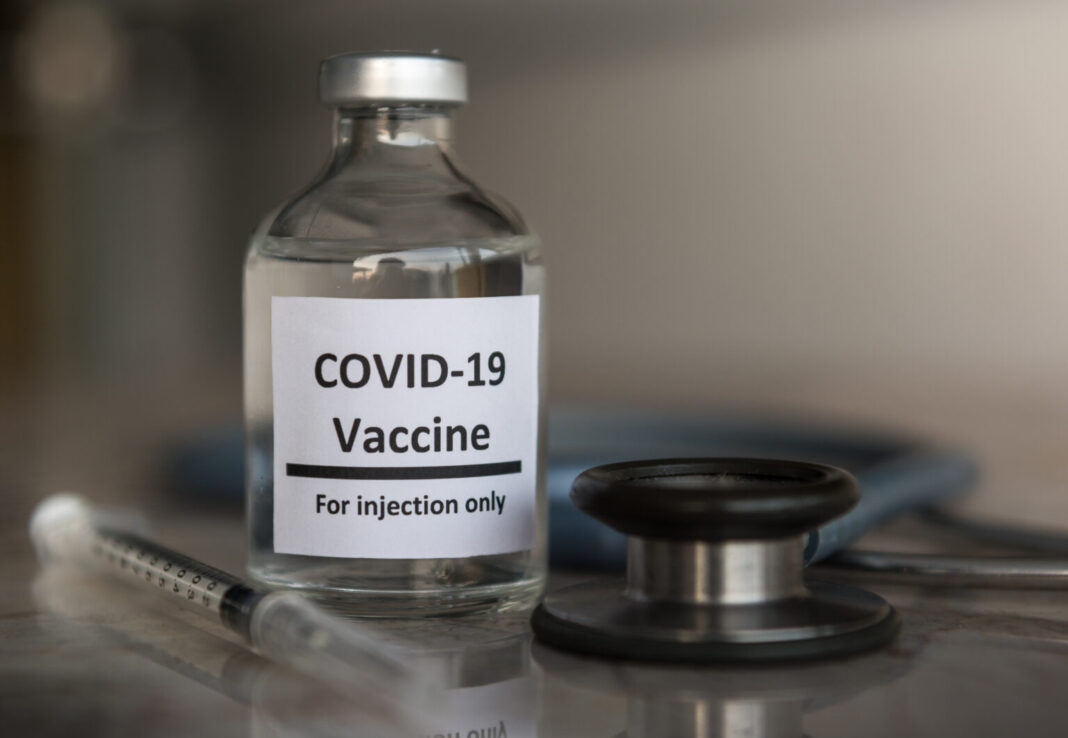We have published numerous articles on COVID-19, many of them concerned with vaccine effectiveness, herd immunity and vaccination rates, the rational framework around vaccination, and evaluating adverse events following immunization (AEFI). Each of these articles was intended to educate through analysis of considerable information.
We thought it would be useful to write a summary of these articles.
A humble summary
We can only give our best, objective assessment of information using the information currently available to us. This means that any conclusion we make can change. If we never change our minds, we are not learning. As discussed in this article – BREAKING NEWS … into rational pieces – data dealing with COVID, like almost all new information, carries with it a degree of uncertainty. Arguments can be made in a probabilistic sense; conclusions are only “likely” or “unlikely.” This is as true for COVID as it is for climate change, energy policy, cleantech initiatives, or anything complex. We are especially uncertain of anything that requires predicting the future.
This does not mean that we cannot use such analysis to help make rational decisions or frame policies. We do not have to be frozen with indecision because so little (perhaps nothing) is absolutely certain. In fact, we must make decisions to function. Our society and our households must still go forward in an uncertain world. However, we should do so with humility and a willingness to consider new information. As discussed in this article – Science – there is method to the madness – science is about learning, not protecting old dogma, and we should be prepared to change our minds, and our course of action.
Our summary to follow is the best we can do today. Certain elements could change by next week. The conclusions are based on statistics, and some of them could and should be argued.
Vaccine effectiveness, vaccination rates, and a look to the future
- There are many ways of characterizing vaccine effectiveness (VE). VE always refers to a percentage reduction in disease among vaccinated persons compared with unvaccinated persons, as we defined in Understanding vaccine effectiveness and breakthrough, but it can refer to effectiveness against mild or severe disease, or even against transmission.
- When speaking of VE, we must be specific about the measure of effect to which we refer.
- To date, COVID vaccines have been shown to be highly effective against severe outcomes, and somewhat less effective against mild cases or against transmissibility. This was last discussed in A case study on expert testimony and accuracy in vaccine effectiveness reporting
- VE against new cases shows signs of waning. A case study on expert testimony and accuracy in vaccine effectiveness reporting.
- We showed in August – Predicting vaccination rates and outcomes for the Delta variant – that it was likely impossible to eradicate COVID because of its high transmissibility and imperfect VE. This suggests that we need to manage our response to COVID in a sustainable manner over what could be a long time period.
- VE against the Omicron variant is being studied, and the data is compelling, but analysis is preliminary Ontario vaccine effectiveness nosedives amid surge in new cases.
Evaluating adverse events following immunization
- The likelihood of coincidences can be surprising, as we showed in the article The third hand of fate. This can be important in evaluating a potential vaccine side effect, or adverse event following immunization.
- Base rates of all incidents should be considered so that we do not make improper conclusions from chance events.
- Most common vaccines have well studied AEFIs, the most severe of which occur at a rate on the order of 1 in 1,000 compared to death by the diseases they prevent. This was shown in this BIG Media story Taking a responsible look at adverse events following immunization.
- Simply looking at an AEFI rate can be misleading. Qualification of the AEFI as potentially vaccine causal is challenging, and should be done following a pre-set algorithm. All studies of AEFIs must qualify each adverse event, as shown in Taking a responsible look at adverse events following immunization.
- Death rates as reported by VAERS by itself can be misleading as all deaths following immunization from COVID are considered an AEFI, regardless of qualification. That is, all deaths qualify.
- The Pfizer children’s Phase 3 vaccine trial showed no severe AEFIs but showed a high number of mild adverse events, particularly fatigue, headaches, chills, and muscle pain. This was shown in Analysis of COVID vaccine AEFIs, Part I.
- Phase 3 trials are rarely large enough to encounter rare adverse events.[1]
- Large surveillance studies of the Pfizer vaccine showed a low incidence of myocarditis on a population-level measure, but up to 1 in 7,357 for males age 16-19. This was shown in Analysis of severe events following COVID vaccine shows increased incidence of myocarditis and lymphadenopathy.
- The estimates of AEFIs, and myocarditis in particular, for the Pfizer vaccine vary, depending on the experimental design of each particular study.
- Higher incidences of lymphadenopathy occur following immunization with Pfizer. This is a swelling of the lymph nodes, which can be an indicator of a range of issues. It can also pose problems in cancer screening and lead to unnecessary biopsies of patients with whom there is clinical suspicion of cancer.
Interpretation
As much as it would be comforting to conclude with a simple and sure statement, the most clear conclusion to this summary is that the analysis of adverse events is neither simple nor certain. Health issues after a vaccination may or may not be caused by the vaccines; coincidences are possible. However, they can and do happen, and there is a disciplined method for evaluating the question. Understanding AEFIs requires comprehension of things in apparent opposition, such as:
- The effectiveness of COVID vaccines is quite high against severe outcomes such as ICU and hospitalization, but it is imperfect and is lower and waning against new cases.
- The Pfizer mRNA vaccine definitively causes a significant number of mild adverse events such as headaches and muscle soreness.
- The Pfizer mRNA vaccine has a reasonable safety profile to severe adverse events as measured across the entire population, however data analysis from reported events indicates that it causes myocarditis in young men at rates of up to 1 in 7,357.
More than anything, the analysis of adverse events reminds us that the scientific method is a method not an answer. It guides us to the best current understanding so we can make decisions and policies, but also reminds us to keep an open mind to new developments and potential changes in direction.
References
[1] Halsey, Neal, 2002, The Science of Evaluation of Adverse Events Associated with Vaccination, Seminars in Pediatric Infectious Diseases, V 13, N 3, 205-214
(Lee Hunt – BIG Media Ltd., 2021)


